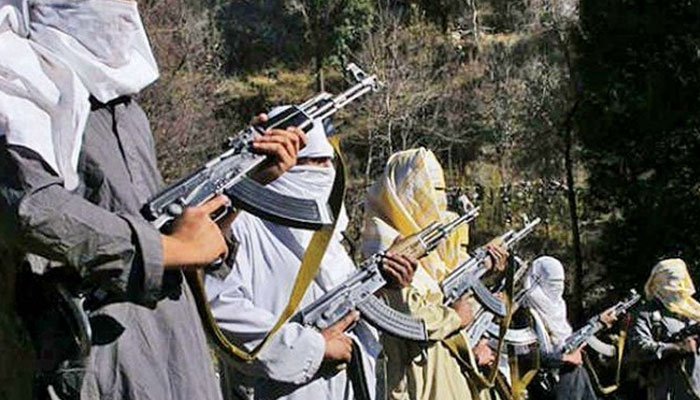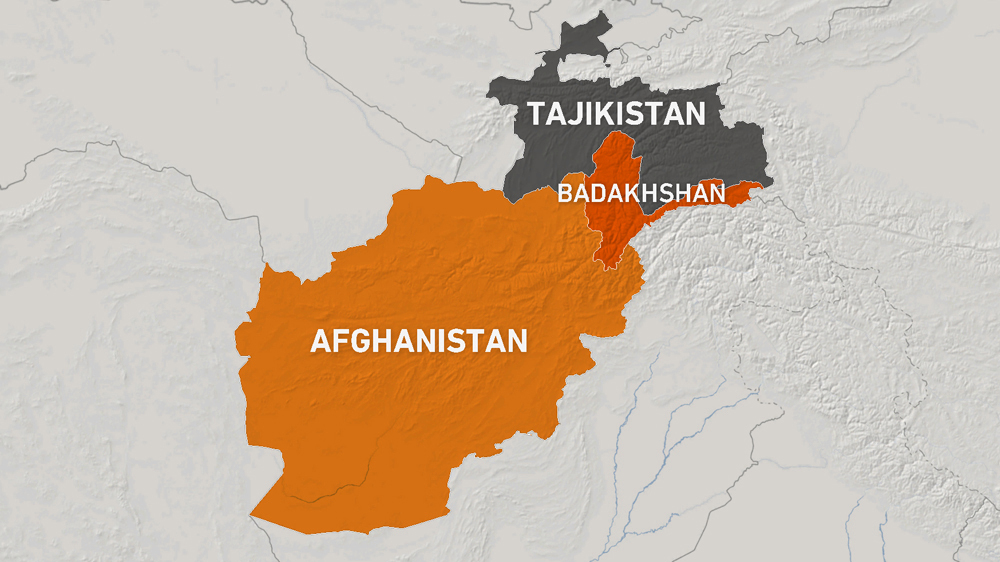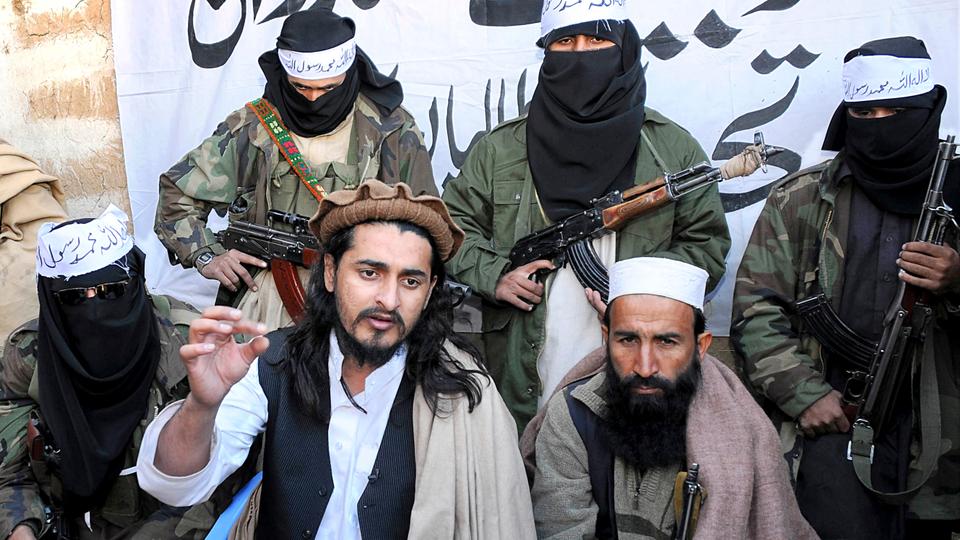United Nations estimates that between 3,000 and 5,000 members of the proscribed Tehreek-i-Taliban Pakistan (TTP) remain active in Afghanistan.
On Monday, the UN warned that the Taliban have taken control in Afghanistan and terrorist outfits are becoming active again. UN stressed that for Al Qaeda and other terror groups with links to Central Asia and beyond, “Afghanistan has the potential to become a haven.”
According to the US government and many UN agencies, Al Qaeda has been involved in Afghanistan since the start of the Afghan struggle. As per USA, Afghanistan’s new Taliban commanders are not imposing a public vow to decrease Al Qaeda activity, an allegation the Taliban Government dispute.
The 29th report by Analytical Support and Sanctions Monitoring Team (UNASMT) deals with a wide spectrum of terrorist groups active in South Asia and beyond, and it covers the events that occurred between June and December 2021.

Besides keeping tabs on Al Qaeda, the Taliban, and other terrorist organisations, the committee also monitors various wings of the Islamic State (IS), such as Daesh. It must also carry out UN-mandated sanctions on these groups.
“The most momentous event” in recent Afghan history, the UNASMT argues, is the Taliban’s return to power, which will have far-reaching consequences for everybody.
Another extremist organisation targeted by the study is the Islamic State of Khorasan (IS-K), which has “a continuous capacity to launch sophisticated strikes” across the region despite its “limited geographical control.” Because of this, the study cautions, “the security situation in Afghanistan has become more difficult.”

The report’s section on South Asia examines Afghanistan’s Taliban takeover and the ripple effects it has had on neighbouring nations. It is noted in the research that TTP has maintained tight ties with the Taliban, Al Qaeda, and the Islamic State of Iraq and the Levant (IS-K). In Afghanistan, the TTP has between 3,000 and 5,500 militants, with Noor Wali Mehsud as its head, according to the report.
As the new Taliban leaders in Afghanistan are negotiating a truce between the TTP and Pakistan, this mediation has “led to a drop in TTP assaults against Pakistan,” according to the report. They also talked about TTP family members in Afghanistan, adding that they “want to move in Pakistan with guarantees that they will reintegrate peacefully into local communities.”
Al-Qaeda in the Indian Subcontinent (AQIS), directed by Osama Mehmood and his deputy Atif Yahya Ghouri, “maintains a presence in Afghanistan,” according to the report, despite the Taliban’s vehement denials.
As detailed in the study, the organisation fought alongside the Taliban against the deposed Afghan government in the provinces of Ghazni, Helmand, Kandahar, Nimruz, Paktika, and Zabul, amongst others.
The AQIS has between 200 and 400 fighters largely from countries in the Middle East, Asia, and Africa.
As the conflict in Afghanistan worsens, ISIL (IS) is taking advantage of it, to grow its organisation and promote its cause.”
According to the source, al-Qaeda issued a message congratulating the Taliban on their win on August 13. There has been a “strategic quiet” from Al Qaeda since then, the study says, “presumably in an effort not to damage the Taliban’s efforts to win international recognition and legitimacy.”
According to UN observers, Al Qaeda is still suffering from a series of leadership losses and cannot carry out high-profile assaults outside of its home country. Amin Muhammad ul-Haq Saam Khan, the man in charge of Osama bin Laden’s security, returned to Afghanistan at the end of the month.
Abdallah bin Laden, the son of Osama bin Laden, visited Afghanistan in October to meet with the Taliban, according to a report. An al-Qaeda report states Aiman al-Zawahiri is still alive but in terrible condition and was last seen in January 2021.
Works at The Truth International Magazine. My area of interest includes international relations, peace & conflict studies, qualitative & quantitative research in social sciences, and world politics. Reach@ [email protected]










